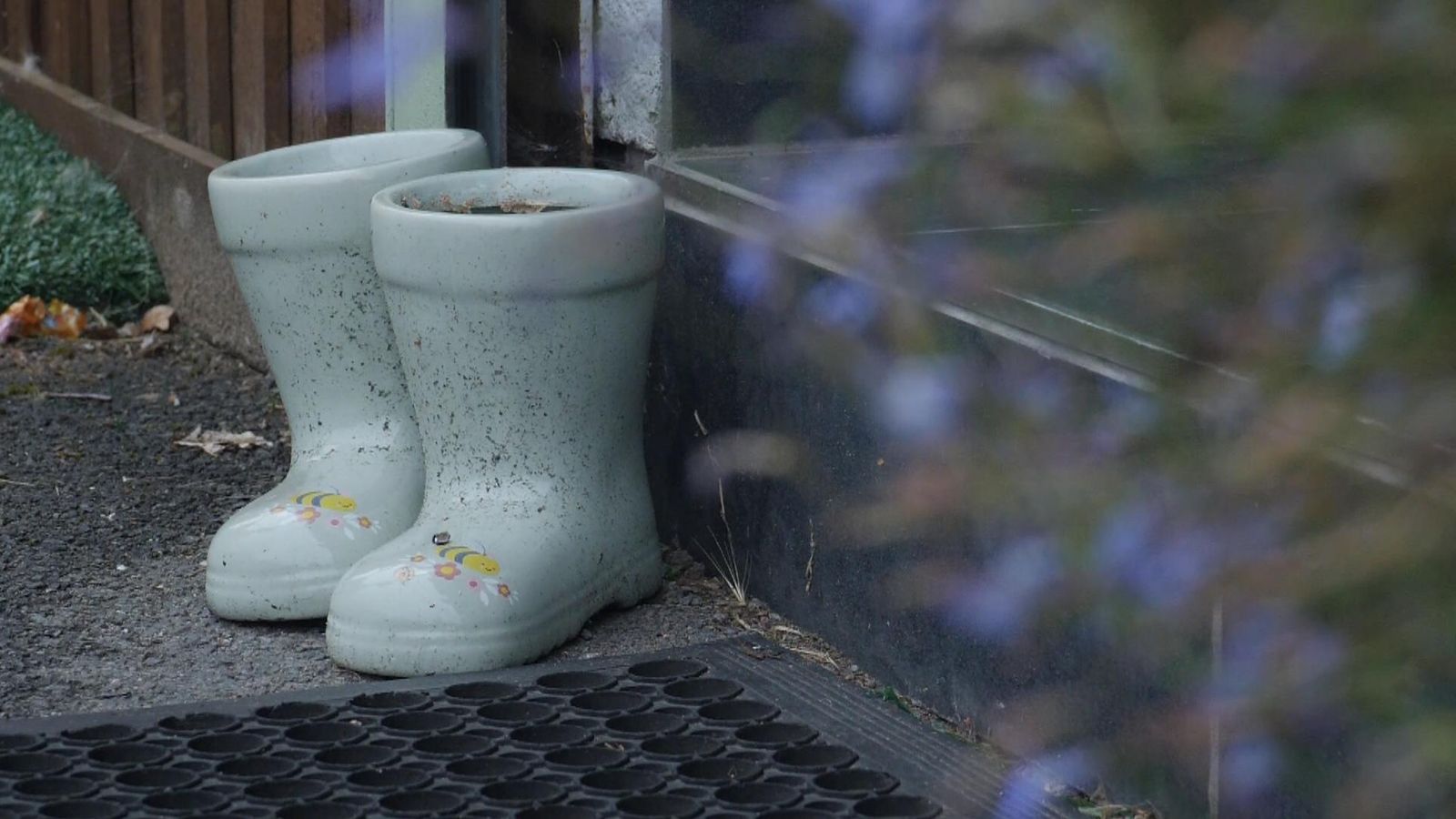Thousands of nurseries have closed down due to “chronic underfunding” – with parents being left without childcare.
The overall number of childcare providers dropped by around 4,000 between March 2021 and March 2022, the largest decline since 2016, according to figures from Ofsted.
The National Day Nursery Association (NDNA) blames “a combination of challenges”, including “chronic underfunding” for the closures.
Its chief executive, Purnima Tanuku, told Sky News: “The crisis is so bad we have never seen a situation like this since the last decade.
“That’s why we’re saying to the government, they need to put some urgent action in place to be able to support providers to make sure that they’re there in the long run to provide that continuity of care and education for children and support families.”
At Cottontails nursery in Warrington, Cheshire, they’ve just had to put fees up to £64 per day for each child to cover mounting costs.
Still, they’re running at a loss.
UK weather: Parts of Devon and Cornwall hit by heavy rain and flooding as thunderstorms begin
Ryan Giggs trial: ‘Distressed’ footballer went in slippers to neighbour for help on night he ‘headbutted’ ex, court hears
Sir Keir Starmer insists Labour’s ‘radical’ energy plan is ‘real answer’ to cost of living crisis
“It makes absolutely zero sense to continue trading when you’ve made a £50,000 loss in this last year alone,” says Harriett Butterworth, the nursery’s managing director.
“However, because of the sector that we work in – education and care for children – we run like a charity and that goodwill can only go so far.
“Right now, the recruitment crisis that we face where we’re simply unable to recruit qualified members of staff due to the low rates of pay, the fact that we have got mounting fees in regards to gas and electric at a 300% increase over the last three years, and then the significant under government funding, the undercuts means that my pre-school is losing the equivalent of £40,000 a year.”
If the nursery were to close it would cause real problems for parents like Julie McKean. She and her husband both work full-time and they have limited childcare options for their one-year-old son, Oliver.
“We don’t have a support network so Oliver is full-time at nursery so we couldn’t rely on parents,” she says.
“We’d either have to look for another nursery or we would have to, one of us, would have to really rethink our working patterns.”
Many parents living in England with children between three and four years old can currently get 30 hours of free childcare per week for 38 weeks of the year.
The NDNA say urgent government support is now needed by the sector.
“This problem has been created by the government, because if the funding had kept up in line with cost increases – even in line with the national minimum wage – and living wage and all these government-imposed increases, we wouldn’t have been here in the first place” says Ms Tanuku.
“Funding is the key issue, because the government is the biggest purchaser of childcare in this country. So as the big customer, if they’re not paying the going rate, there’s no way they can expect providers to deliver high quality safely and sustainably.”
Read more:
Childcare changes to help tackle cost of living ‘not a silver bullet or panacea’
Parents skipping meals for days to feed their children and ‘look broken asking for help’, charity warns
A government spokesperson said £4bn had been spent in each of the past five years to support families with the cost of childcare.
They added: “We know there are challenges facing the sector, which is why we are increasing funding to support employers with their costs, investing millions in better training for staff working with pre-school children and have set out plans to help providers run their businesses more flexibly.
“This includes plans to support more childminders into the market by reducing upfront costs.”








